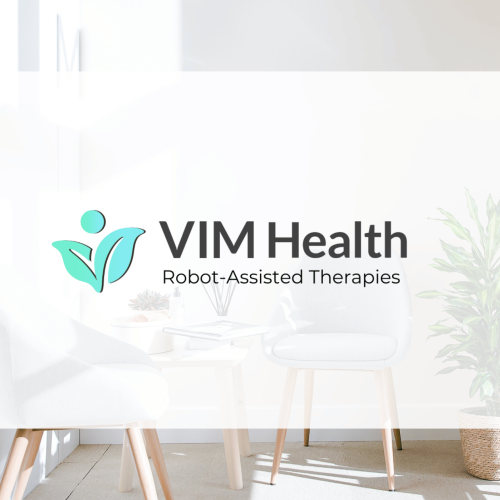Life after a brain injury is often complex, unpredictable, and deeply personal. Whether the result of trauma, stroke, or illness, brain injuries can affect everything from physical movement and memory to mood and communication. The road to recovery can feel overwhelming — but specialist neurorehabilitation offers a structured, evidence-based approach to help individuals rebuild their lives.
In this article, we explore how neuro rehab supports recovery after brain injury, what it involves, and why personalised therapy matters.
Understanding Brain Injury Recovery
Brain injuries vary significantly in type and severity — from mild concussions to severe traumatic brain injury (TBI). Regardless of the cause, most survivors experience a combination of cognitive, physical, sensory and emotional challenges that impact their ability to carry out everyday activities.
While some recovery may happen naturally over time, targeted rehabilitation can make a significant difference in outcomes — helping individuals regain independence, confidence, and quality of life.
What Is Neurorehabilitation?
Neurorehabilitation is a specialist area of therapy designed to support people whose nervous systems have been affected by injury or disease. For those recovering from brain injury, neuro rehab focuses on:
- Restoring movement and function
- Improving memory and attention
- Managing fatigue and emotional wellbeing
- Supporting speech and communication
- Re-learning activities of daily living (ADLs)
Neuro rehab is typically delivered by a multidisciplinary team that might include physiotherapists, occupational therapists, speech and language therapists, neuropsychologists and rehabilitation assistants — all working together towards the same recovery goals.
Physical Recovery: Movement, Balance and Strength
Brain injuries often disrupt motor control, balance, and coordination. Physiotherapists play a key role in helping individuals retrain movement patterns, improve strength, and regain confidence with mobility.
At Vim Health, we use a range of specialist equipment — including robotic gait trainers, LiteGait-supported treadmill training, and Functional Electrical Stimulation (FES) bikes — to support and challenge the nervous system in a safe, measurable way.
These technologies are particularly valuable for those recovering from moderate to severe injury, where traditional physiotherapy alone may not be enough to stimulate neuroplasticity — the brain’s ability to rewire and adapt.
Cognitive and Emotional Support
The effects of brain injury often go beyond the physical. People may struggle with concentration, processing information, problem-solving, or managing emotions.
Occupational therapists and neuropsychologists help individuals understand these changes and develop strategies to cope with them in daily life — whether that’s through memory aids, mood management tools, or adapting work and home environments.
Rehab is not just about “fixing” what’s gone wrong — it’s about maximising what’s possible and rebuilding a sense of purpose and autonomy.
Relearning Daily Activities
Tasks like getting dressed, cooking, or travelling independently can become major challenges after brain injury. Occupational therapy focuses on helping people return to meaningful activities through a combination of skill-building, adaptive techniques, and confidence-building.
Therapists will often assess how a person performs activities of daily living (ADLs), then support them with hands-on guidance, practical adaptations, and home/environmental advice.
At Vim Health, we offer structured rehab programmes that can evolve over time, from the early recovery phase through to long-term community reintegration.
A Personalised Approach To Brain Injury Recovery
There’s no one-size-fits-all solution in brain injury rehabilitation. Effective neuro rehab is tailored to the individual, with regular goal-setting, progress tracking, and close communication between clinicians, clients and families.
The earlier rehab starts, the better — but it’s never too late to benefit from specialist input. Even years after an injury, the brain retains the capacity to change and improve, particularly when the right support is in place.
Want to discuss your Brain Injury Recovery Journey?
If you or someone you support is recovering from a brain injury and looking for structured, personalised rehabilitation, we’re here to help.
At Vim Health, our experienced neuro rehab team offers a range of therapies and technologies to support each person’s unique goals — whether that’s walking again, returning to work, or simply regaining a sense of independence.
Call us today to speak with our team and learn how we can support your recovery journey: 01273 037400
